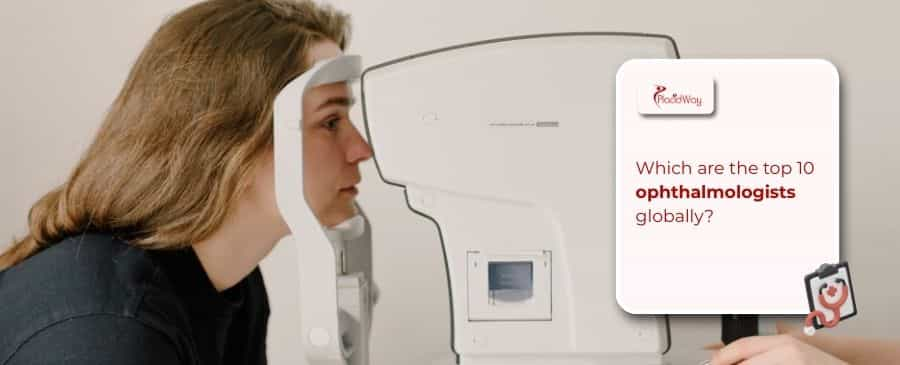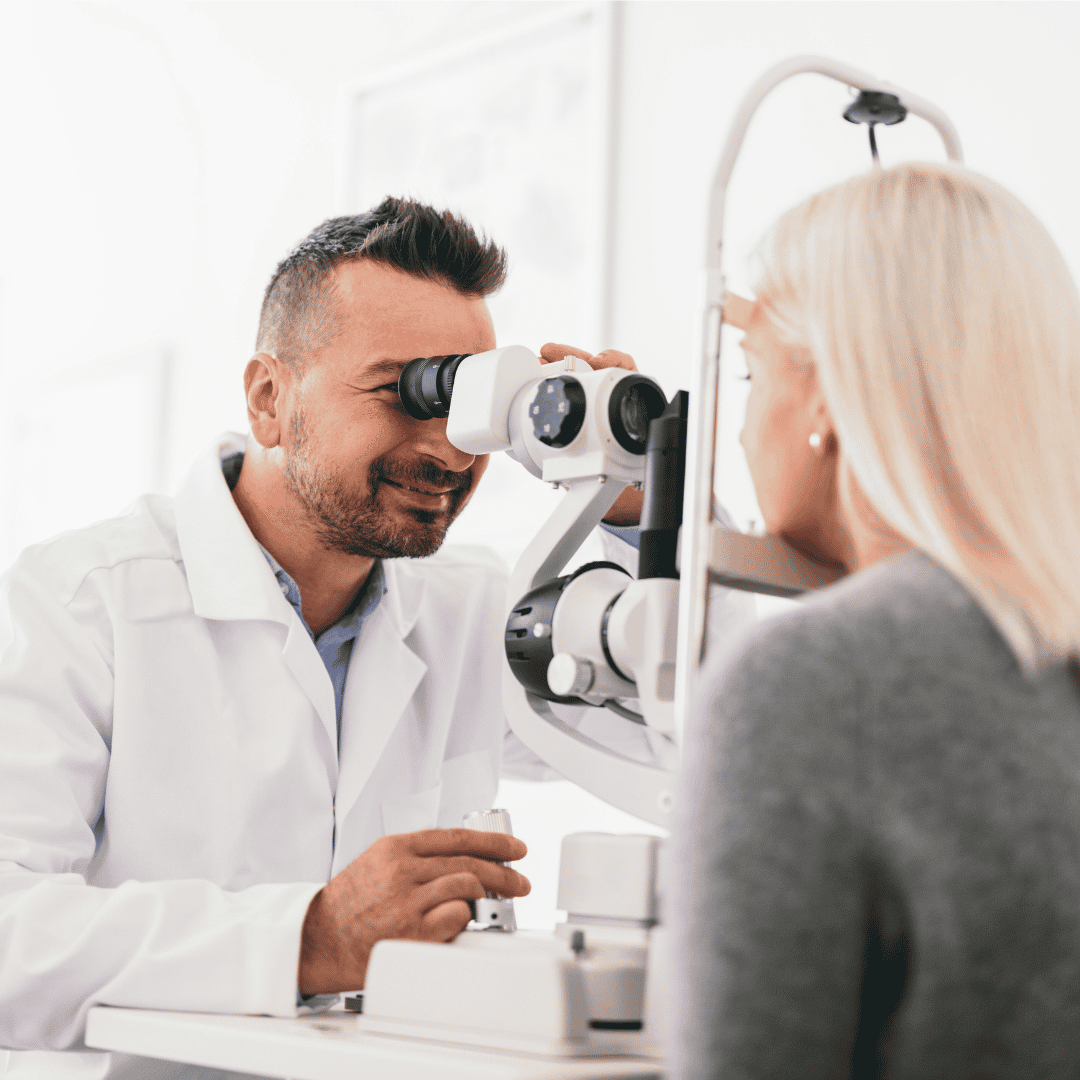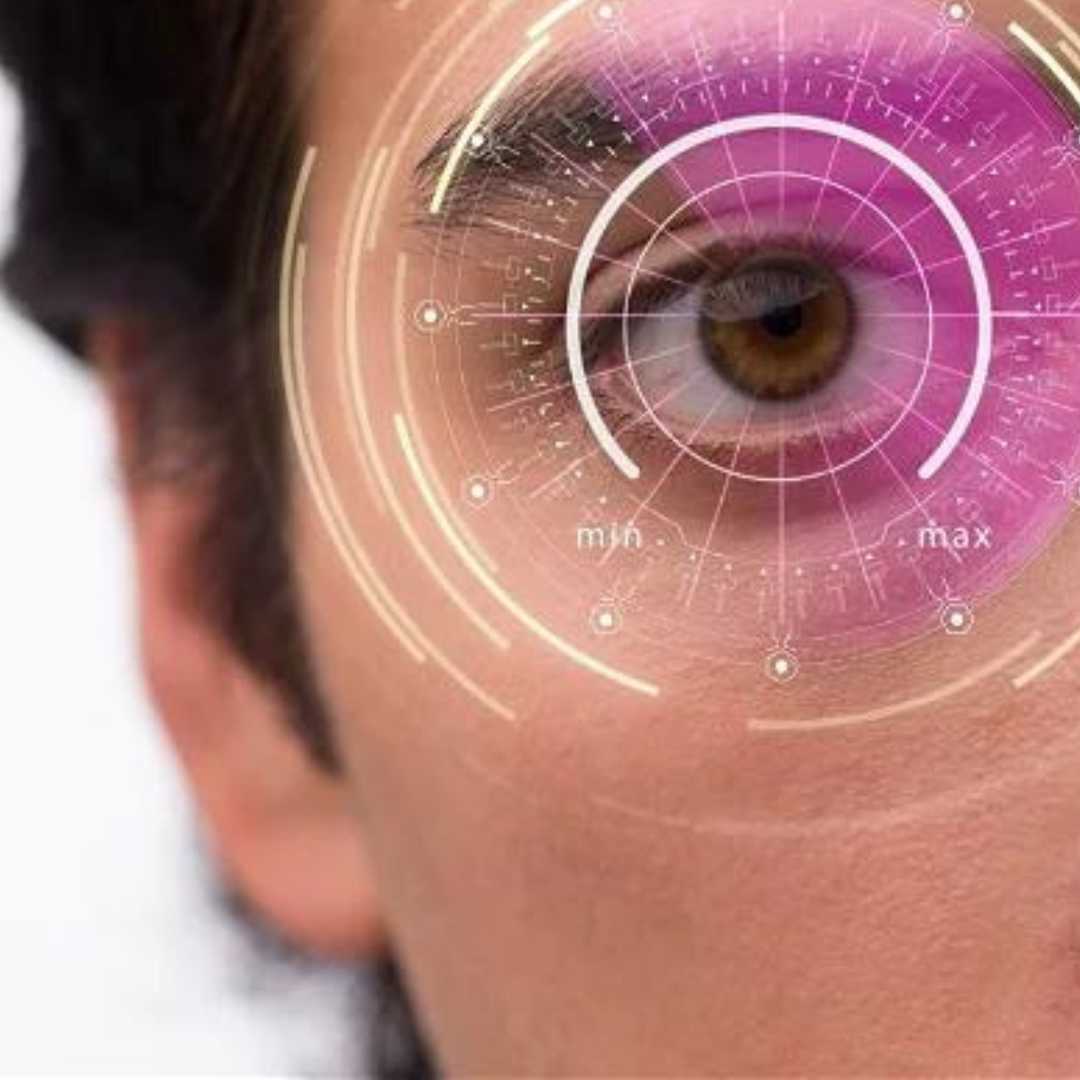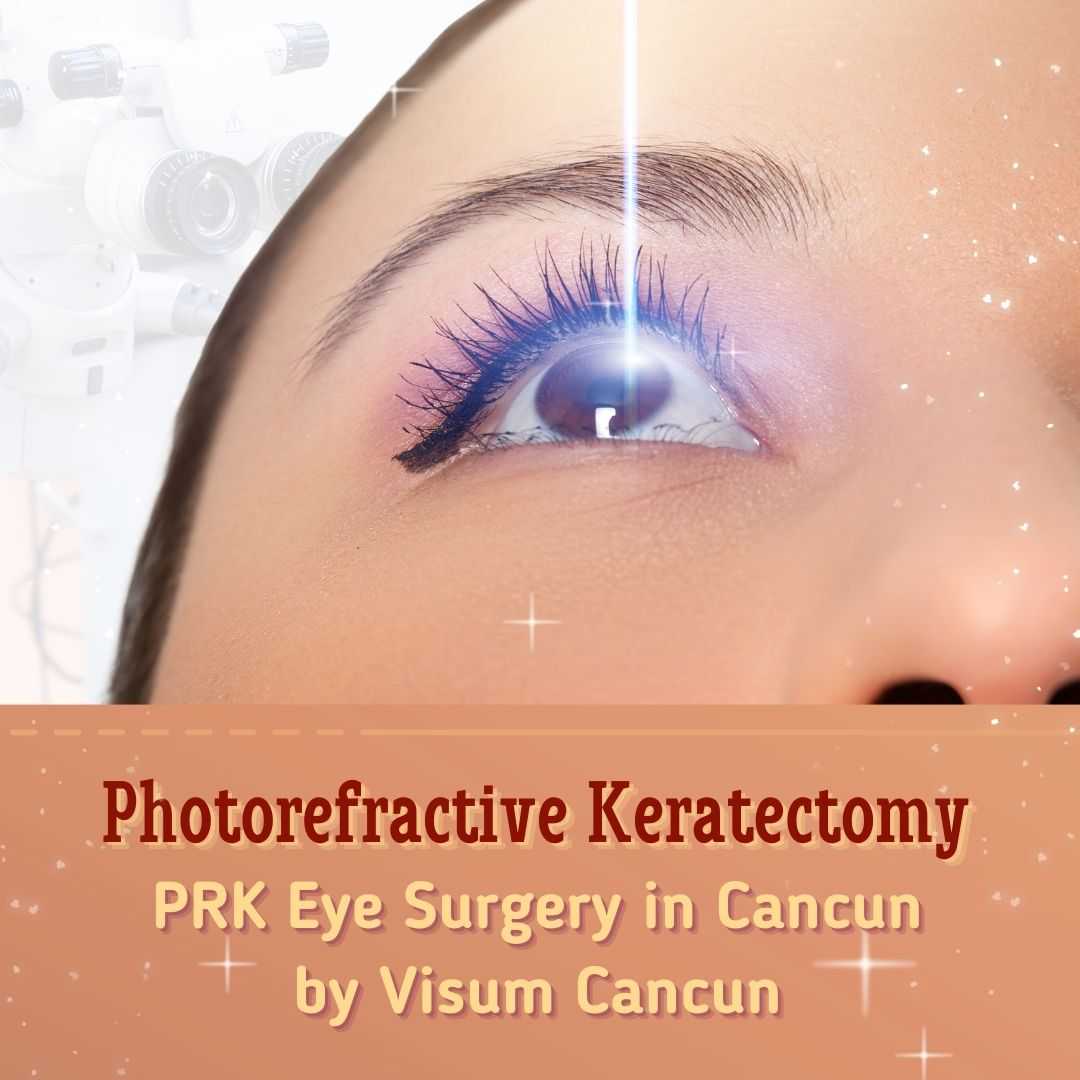List of the Top 10 Eye Specialists Worldwide

When faced with a serious condition that could affect your sight, the search for the very best care becomes a global one. This journey often starts with a search for the "top 10 ophthalmologists" in the world, a quest for the pinnacle of medical expertise to protect one of our most precious senses.
While this search for a definitive ranking is understandable, the reality is that no single, official "best of" list exists. The field of ophthalmology is a collection of incredibly advanced and distinct sub-specialties.
The best eye doctor is not a generic title but a specific expert whose entire career has been dedicated to mastering a patient's unique condition. A world-renowned retina specialist is not the same person as the world's leading glaucoma surgeon.
This guide, current for September 2025, is designed to help you navigate this search for excellence. We will move beyond the idea of a simple ranking and instead provide a framework for identifying a world-class specialist. We'll cover the non-negotiable credentials, the importance of sub-specialization, and how to find the globally recognized centers of excellence for eye care where these elite doctors practice.
Is There an Official 'Top 10 Ophthalmologists' List?
Any list you encounter online that claims to rank the "best" eye doctors is subjective and should be viewed as a starting point for research, not a definitive guide. These are typically created by media outlets or marketing firms, not by unbiased medical review boards.
The field is far too complex for such a simple ranking. A doctor's reputation within the medical community is built on their expertise in a specific niche—for example, developing a new surgical technique for corneal transplants.
The safest and most effective approach is to ignore subjective rankings and focus on verifying the objective criteria that truly define a world-class expert.
What Defines a World-Class Ophthalmologist?
These are the objective, non-negotiable markers of an elite specialist. When vetting a potential doctor, ensure they meet all these criteria:
- Board Certification: They must be certified by their country's official governing body (e.g., the American Board of Ophthalmology in the U.S.).
- Fellowship Training: This is the most important credential. After a 3-4 year residency, a top surgeon completes an additional 1-2 years of intensive training focused only on one part of the eye. This is what makes them a true sub-specialist.
- Academic Affiliation: Top doctors are often professors at major university hospitals. They are the ones teaching other doctors and are at the forefront of medical advancements.
- Research and Publications: The leaders in the field are actively involved in research, publishing scientific papers in peer-reviewed journals, and presenting at international conferences.
- High Case Volume: An elite surgeon for a specific procedure performs that procedure frequently, giving them a level of experience that cannot be matched by a generalist.
The Importance of Sub-specialization in Eye Care
A general ophthalmologist has broad knowledge, but for a serious or complex condition, you need an expert. The main sub-specialties include:
- Retina Specialists: Treat conditions like macular degeneration, diabetic retinopathy, and retinal detachments.
- Glaucoma Specialists: Manage all forms of glaucoma medically and surgically.
- Cornea Specialists: Perform corneal transplants and treat complex diseases of the eye's surface like keratoconus.
- Oculoplastic Surgeons: Specialize in the eyelids, tear ducts, and orbit (the eye socket).
- Neuro-Ophthalmologists: Treat vision problems caused by the brain and nervous system.
- Cataract and Refractive Surgeons: Focus on cataract removal and vision correction surgeries.
Where are the World's 'Centers of Excellence' for Eye Care?
Instead of searching for an individual doctor, it is often more effective to start by researching these elite institutions, as they are magnets for the best talent.
| Institution | Location | Known For |
|---|---|---|
| Bascom Palmer Eye Institute | Miami, FL, USA | Consistently ranked the #1 eye hospital in the U.S.; a leader in research and clinical care across all sub-specialties. |
| Wills Eye Hospital | Philadelphia, PA, USA | A historic and renowned institution with world-class specialists, particularly in ocular oncology and glaucoma. |
| Wilmer Eye Institute | Baltimore, MD, USA | The ophthalmology department of Johns Hopkins Hospital, a global leader in scientific research and complex case management. |
| Moorfields Eye Hospital | London, UK | One of the oldest and most respected eye hospitals in the world, a massive center for research and training in Europe. |
How to Find the Right Specialist for Your Condition
Take a methodical approach to your search:
- Identify Your Sub-specialty: Work with your local doctor to confirm your exact diagnosis. Do you need a retina specialist? A glaucoma specialist? This is your most important search term.
- Research the Top Institutions: Use your sub-specialty to search for the leading hospitals. Search for terms like "best hospitals for retinal surgery" or "top glaucoma research centers."
- Investigate Individual Doctors: Once you have identified a few top hospitals, go to their websites and look at the profiles of the doctors in that specific department. Look for the department head, the fellowship program director, and doctors who are actively publishing research on your condition. This process will lead you to the true global experts for your needs.
A serious eye diagnosis requires access to the best possible information and expertise. Placidway is a global leader in medical access, connecting patients with renowned international hospitals and ophthalmology specialists for second opinions and treatment. Explore your options at a global center of excellence to make a confident decision about your vision care.


.png)





.png)



Share this listing